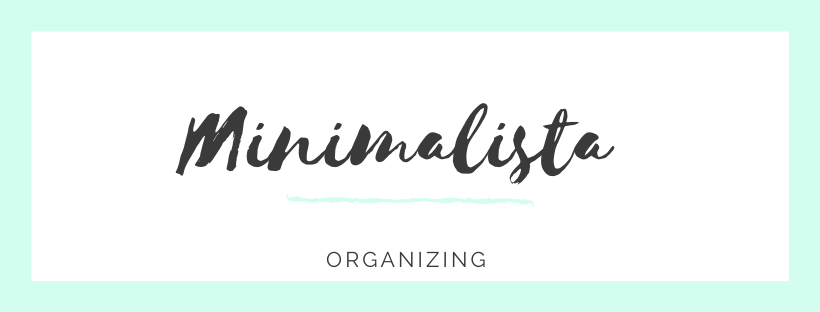Zero Waste: Where to start?
1. Look in your trash -What do you throw away? Is it actually recyclable? Do you actually need it? Could you purchase it with out the trash it creates (i.e. in the bulk food bins, glass, metal, or paper- all of which are easily recyclable)?
2. Compost -Research if your area has a service, if your farmers market will take food scraps, or compost on your own. I use an open air bin and put all my food scraps in there (minus any dairy or meat). You need 3 to one dry to wet. (or brown to green). So, I often put in shredded paper with the food scraps since we don’t have a lot of dry grass or leaves in our area. It is surprisingly easy to maintain. I just dig a hole dump my food scraps in it. Then, I cover it up. We do not have any bug or pest problems. It does not smell which was the most surprising part of composting for me. If you do not have a yard, don’t worry there are indoor composter bins or worm bins. You can also just dig and bury your food scraps in your yard! The ultimate goal is for your compost to turn your food scraps and yard waste into rich soil.
3. Bring your own bags-Put them somewhere accessible. I keep mine in my car and a collapsible one on me. This includes reusable produce bags as well. Even when on errands like the pharmacy or a clothing store you will be surprised how many bags you can refuse just by carrying one or putting your item in your purse/diaper bag.
4. Change your buying habits- Research alternatives for each item you currently purchase in plastic. This is an ongoing process so don’t get discouraged. See if you can purchase an item second hand. Also, rethink what you purchase. One example is the cleaning supplies you use. Do you really need 20 different cleaners with toxic chemicals to clean your home? Odds are a combination of vinegar and water will work on almost any surface in your home! Here is a vinegar cleaning recipe I use daily:
Soak used citrus peels in a jar of white vinegar (purchased in a glass container) in the fridge for about 2 weeks.
Combine that with water in a spray bottle (1:1 ratio)
Spray as a disinfectant!
5. Be prepared- Bring your own drink and food container. A simple jar could cover both areas. For example: When you know you will go out to dinner remember to bring your own to go food container.
6. Be ok with saying "No thank you" - any times Freebies come with a cost to the environment. Think grocery store samples, the free promotional gear at work events, the free plastic cup, or the free toy at the dentist. If you refuse it, it will hopefully reduce the number produced next time.
7. Make it yourself- Is there something you buy in plastic that you can make yourself? A few items I currently make myself are my cleaning sprays, laundry detergent, tortillas, bread, muffins, facial toner, eye make up remover, lotion replacement, soup broth, cookies, almond milk etc.
8. Be proud-Every little step you take to reducing the amount of trash you make is a positive step. Don’t be hard on yourself if you are not perfect. We do not live in a zero waste world so just do the best you can and feel good about the steps you are taking.
A few followers messaged me the following questions regarding zero waste. I will share the responses here so that others can learn as well:
Q: How to compost in the winter:
A: The same as the summer! Food scraps may be frozen but they will decompose once everything thaws.
Q: What to do about allergies and cross contamination in bulk bins?
A: Your health is number one. I would never suggest you do anything to jeopardize you or your family’s health. That being said, my son has multiple food allergies (nuts, fish, dairy, and eggs to name a few). We have shopped in many different stores using many different bulk bins and never had an issue. Obviously use your judgment. If the scoop is shared with other bins then that could present a possible cross contamination risk. In recent memory most bins have a scoop attached to the bins themselves. Also, pay attention to the location of the bins in relation to the allergen. For example, if the rice is right next to the peanuts and your child has a peanut allergy, you may want to skip the rice purchase. Also, all bulk bins are labeled with ingredients, and if it is made in a facility that processes certain ingredients.
Q: How to get meat plastic free:
A: Go directly to the butcher counter and either bring your own container and have them tare the weight of the container first or ask them to wrap the meat in only paper. I believe most butcher paper is coated in a fine wax or oil that can be composted afterward.






